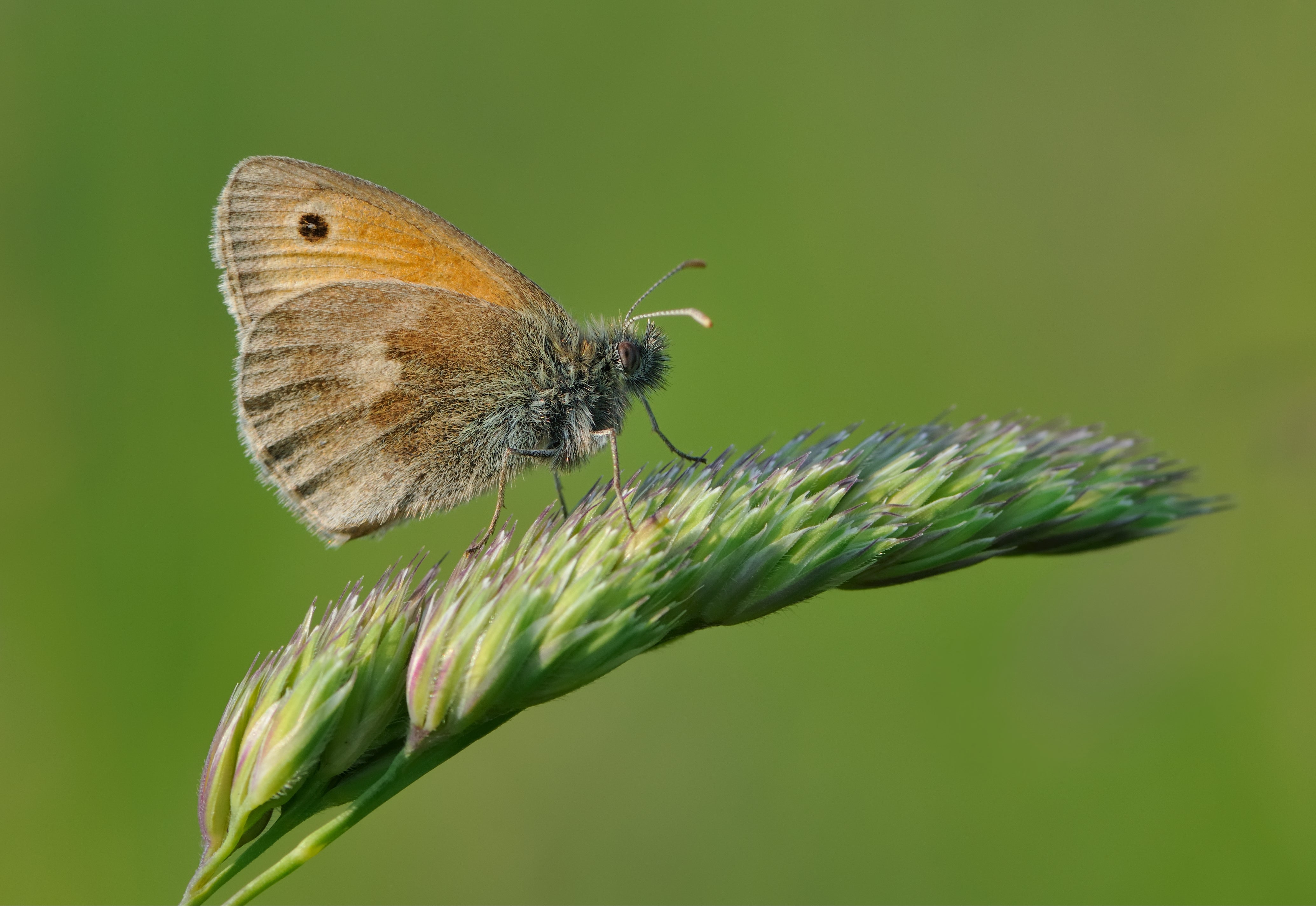Survey of squashed bugs on number plates suggests ‘terrifying’ insect declines
Numbers of flying insects have fallen 59% in 17 years across the UK, the citizen science project indicates.

Your support helps us to tell the story
From reproductive rights to climate change to Big Tech, The Independent is on the ground when the story is developing. Whether it's investigating the financials of Elon Musk's pro-Trump PAC or producing our latest documentary, 'The A Word', which shines a light on the American women fighting for reproductive rights, we know how important it is to parse out the facts from the messaging.
At such a critical moment in US history, we need reporters on the ground. Your donation allows us to keep sending journalists to speak to both sides of the story.
The Independent is trusted by Americans across the entire political spectrum. And unlike many other quality news outlets, we choose not to lock Americans out of our reporting and analysis with paywalls. We believe quality journalism should be available to everyone, paid for by those who can afford it.
Your support makes all the difference.A citizen science project asking people to count squashed bugs on their car number plates suggests flying insects have declined nearly 60% in less than 20 years.
The “windscreen phenomenon” is anecdotal evidence from drivers that they collect fewer moths, flies, aphids, bees and flying beetles on their windscreens than they did in the past.
Now a survey led by Kent Wildlife Trust and Buglife has attempted to quantify that and gather more data on what is happening to bugs in the UK, against a backdrop of global falls in the number of insects.
Bugs are crucial to a healthy functioning environment, pollinating most of the world’s crops, performing natural pest control, breaking down organic matter and returning nutrients into the soil, conservationists said.
Counting insects estimates how they are faring in our towns and countryside but also shows how the wider natural world is doing.
The “Bugs Matter” survey asked members of the public to record the number of flying insects squashed on their number plate in 2019 and 2021, and compared it with data from a survey led by the RSPB using the same method in 2004.
Before making an essential journey in their vehicle, drivers cleaned their number plate, and afterwards counted the insects squashed on it using a “splatometer grid” supplied as part of the survey.
They then submitted a photo and count details via the Bugs Matter app and the data was converted into “splats per mile” to make it comparable between journeys.
The number of insects sampled on vehicle number plates fell by 59% between 2004 and 2021, the survey found.
Insects and pollinators are fundamental to the health of our environment and rural economies
The counts of insects such as moths, butterflies, flies, flying beetles and ants, aphids, wasps, bees and lacewings differed across the UK, with England seeing the biggest declines of 65% compared with 17 years ago.
Wales recorded 55% fewer insects, Scotland saw a drop of 28% compared with 2004 figures, and there were too few surveys in Northern Ireland to draw separate conclusions, the conservationists said.
Though the data showed significant drops in insects, drawing robust conclusions about long-term trends in insect populations would require data from multiple years, over long time periods, and over large spatial scales.
But the Bugs Matter citizen science survey has demonstrated that it has the potential to generate such data, they said.
Matt Shardlow, chief executive at Buglife, said: “This vital study suggests that the number of flying insects is declining by an average of 34% per decade, this is terrifying.
“We cannot put off action any longer, for the health and wellbeing of future generations this demands a political and a societal response, it is essential that we halt biodiversity decline – now.”
Paul Hadaway, director of conservation at Kent Wildlife Trust, said the declines in insects reflected the enormous threats to and loss of wildlife more broadly across the country.
“These declines are happening at an alarming rate and without concerted action to address them we face a stark future,” he warned.
“Insects and pollinators are fundamental to the health of our environment and rural economies.
“We need action for all our wildlife now by creating more and bigger areas of habitats, providing corridors through the landscape for wildlife and allowing nature space to recover.”
– To take part in the Bugs Matter survey this summer people can visit: https://www.buglife.org.uk/get-involved/surveys/bugs-matter